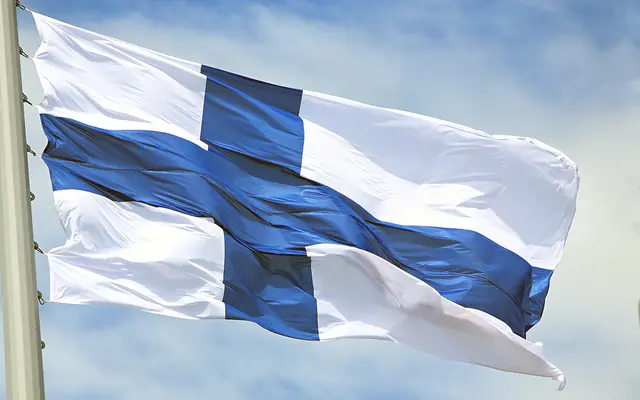As the Nordic Council, an 87 member parliamentary body of the five Nordic countries - Finland, Sweden, Norway, Denmark and Iceland - is meeting in Helsinki late January, question marks remain on the future security policy solutions in the area.
Moreover, there are concerns in Finland that this country may miss the pace of economic development in the rest of the Nordic area.
Uncertainity of defence cooperation
Kari Huhta, security policy analyst of newspaper Helsingin Sanomat, noted recently that decisions about defense and further coordination in foreign policy are difficult to attain, even bilaterally, if the sphere of cooperation is otherwise on the decline.
"One cannot construct new and at the same time dismantle achievements of six decades or longer," he wrote.
While during the Cold War, defense matters were completely excluded from the sphere of the Nordic cooperation. It is very lately that the security policy has assumed a prominent role.
Finnish President Sauli Niinisto has on several occasions underlined what he has described as "the Nordic balance", where cooperation between militarily non-allied Finland and Sweden is a key factor.
Both in Finland and Sweden, a Nordic solution has been seen as compatible with the predominantly anti-NATO civic opinion. Analysts have also noted Russia could be strongly opposed to Finnish membership in NATO.
However, in Sweden the country's non-socialist parties have flagged for NATO. The most difficult situation for Finland would be, if Sweden would choose NATO after all.
Diplomatic history between Finland and Sweden has not been consistently rosy though. In early 1990s, Sweden put in an application to join the European Union without telling Finland in advance. And in 1940 Sweden blocked British and French plans to send an expeditionary land force to Finland at war against the Soviet Union.
Fear for lagging economy
Economic comparisons are inconvenient to Finland also. Mikko Huuskonen, adviser at the Finnish Ministry of Economic Development, noted that Finland may have to accept the fact that its western neighbors are reaching new dimensions both in population and economy.
Southern Sweden and Denmark have become a growth centre, with good connections to Stockholm and Oslo.
Writing in the periodical Kanava, Huuskonen recalled that in normal times before the refugee crisis, Sweden and Denmark pursued active immigration policies and attracted some 100,000 new residents to the Nordic area each year. Finland restricted immigration for decades.
With its sluggish economic growth, Finland is facing long term problems in maintaining the Nordic style societal welfare. Ministerial adviser Huuskonen wrote that if Finland wants to be part of the economic upswing of its western neighbors, it "must fasten the seatbelts as the ride may be rough". "But the alternative is an accelerating drift of Finland towards the Baltic group", he wrote.
As an indication of the potential image problem of Finland, Huuskonen noted that when the Democratic hopefuls in the U.S. presidential elections recently discussed the Nordic area they mentioned Sweden, Denmark and Norway, but not Finland. The Republicans meanwhile discussed security policy and in their analysis Finland was seen parallel to the Baltic countries.
Helsingin Sanomat analyst Huhta said the five Nordic nations share the concept of a state based on law and the distribution of social wealth. "The position of Finland and the Finns would be a lot weaker today without the basic Nordic identity." Enditem
 简体中文
简体中文

